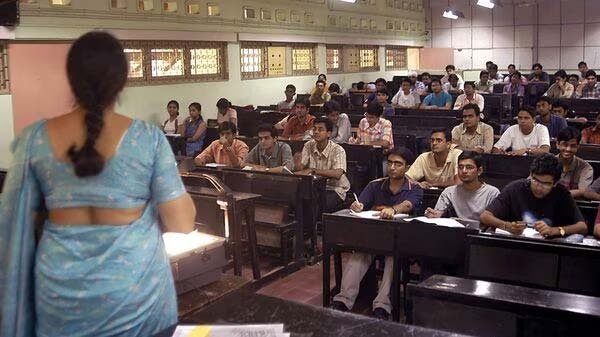The extensive body of work by the late economist presents the nation with five particularly important lessons.
Robert M. Solow, an influential economist known for his work on technology and economic growth, passed away on December 21 at the age of 99. Throughout his 74-year career at MIT, Solow’s research not only shaped the field of economics but also holds relevance for India’s economic policies today.
Solow’s Key Contributions to Economic Growth
In his 1956 paper, ‘A Contribution to the Theory of Economic Growth,’ Solow highlighted the critical role of technological progress in sustaining economic growth. He emphasized that while increases in population and capital investment contribute, true growth is driven by technological advancements. For India to achieve higher per-capita income, a focus on accelerating productivity becomes imperative. This emphasis is crucial for enhancing welfare and international competitiveness, especially as labor and capital factor accumulation reaches a plateau.
Addressing Imperfect Competition and Inequality
Revisiting his work after 60 years, Solow raised questions about the assumptions of perfect competition and fair wages. His examination of the persistent gap between non-farm sector productivity and real wages brought attention to the implications of imperfect competition on inequality. This analysis paved the way for a comprehensive understanding of income shares and distribution, recognizing the impact of both economic and political factors. As India experiences an increase in monopoly power, understanding the implications of distribution for inequality becomes essential to influence demand and growth trajectories.
Solow’s Influence on India’s Economic Policy
Solow’s insights remind us of the imperative need to harness productivity as a driver of growth. Translating research on productivity into actionable policy measures becomes crucial for India’s economic progress. Additionally, his analysis of imperfect competition and its impact on inequality provides valuable insight into addressing the distribution of income and its consequences for the Indian economy.
Solow’s Emphasis on Economic History
Robert Solow underscores the importance of studying economic history, as it helps economists comprehend the societal and institutional contexts in which economic models operate. In his 1985 paper ‘Economic History and Economics,’ Solow argues that economics cannot be constructed as an axiomatically based hard science due to its foundation in social science. He stresses that economic activities are embedded in social institutions, customs, beliefs, and attitudes, which significantly influence concrete outcomes. In the Indian context, a profound understanding of economic history is crucial to grasp various social arrangements, their interactions, and subsequent economic behavior.
Insights on Education for Societal Progress
Solow highlights the necessity of an educated population for societal advancement, advocating a shift from measuring education by input to emphasizing the content and quality. In the Indian context, aligning education with changing times, considering the rising demand for high-skill labor due to automation, becomes pivotal to harnessing the demographic dividend. Ensuring equitable and quality education for the youth is essential to bolster India’s human capital, thereby driving productivity and technological innovation.
Value of Mentorship and Intellectual Commitment
Solow’s commitment to active mentorship and intellectual engagement with students and colleagues emerges as a significant aspect of his wisdom. His dedication to teaching bright students and his persistent efforts to enhance the quality of his pedagogy serve as exemplary practices for Indian academia. Solow’s emphasis on engaging in open-minded discussions and providing detailed feedback to students underscores the importance of fostering a culture of mentorship and continual learning.
In conclusion, Robert M. Solow’s pioneering work in economics continues to hold relevance today, serving as a guide for shaping economic policies that prioritize productivity and address the implications of imperfect competition on inequality. As we remember his contributions, his insights offer valuable lessons for India’s economic growth trajectory.
Solow’s insights on economic history, education, and mentorship hold relevance for India’s socio-economic development, offering valuable lessons for policymakers and academia alike.











